A 3-month-old baby who cries when held with others other than mom and dad and seems afraid of strangers; is this really normal?
Read this question by a concerned mom.
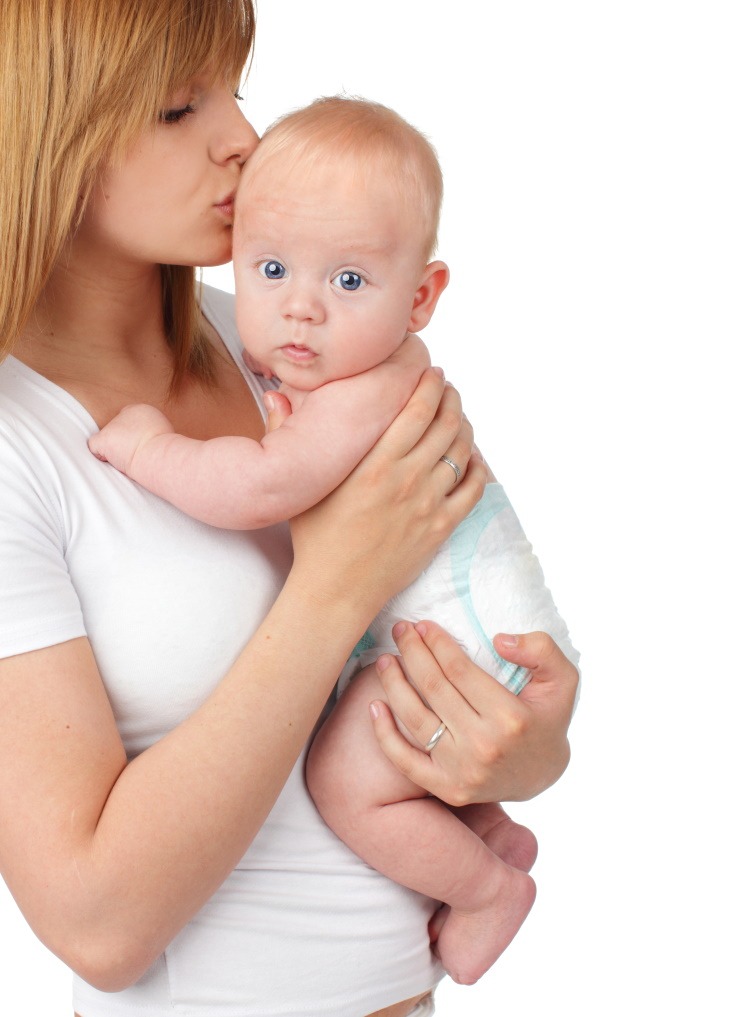
Mom’s Question:
My 3-month-old baby cries when held by others outside of our immediate family. She also cries when someone new comes over. Every time!
We take her out every day and try to socialize with as many people as possible so she can get used to people, but it still takes her time to adjust (if at all).
Is this normal? Isn’t stranger anxiety supposed to come at like 8 months? And what can we do about it?
k123
Stranger Anxiety At 3 Months Old
Normal if 3-Month-Old Baby Cries When Held by Others?
Although it may seem early that a 3-month-old baby cries when held by others, I don’t think you should worry. The other side of the coin is that your baby has really bonded with her nearest family, which is the far more important development aspect.
As you write, stranger anxiety usually starts to occur from around 6 months. However, it does occur at 4 months too.
But if you think about it, many babies will not accept being held by anyone but their mom when they are newborns – not even their dad! And they won’t sleep anywhere but in Mom’s arms.
This has not so much to do with stranger anxiety but with mom being the center of their world and the only place they feel secure.
Your daughter might have expanded this world to her nearest family, as you write, but not further than that. And this is all good!
Maybe your baby will outgrow this behavior quickly, or maybe not. Some babies are more sensitive than others, and it really doesn’t say much about how social she will be in the future.
What to Do to Ease Your Baby’s Anxiety
Don’t Push Her
It is probably good that you’re out socializing a bit, but don’t push her! She needs you and your arms to feel secure. Over time she will be ready to give your arms up for some longer excursions. Let her do it at her own pace.
Play Together
In addition to heading out to meet the world, a 3-month-old baby needs interaction with her family more than anything.
Focus on fun and interaction!
You can learn about 3-month-old development and games to play here.
Handle Your Own Feelings
Also, make sure to work on your own feelings around the situation. Your daughter will feel your frustration, only worsening the situation.
It is easy to be frustrated or even feel ashamed when a baby “acts out” to friends and family.
In your heart, it is important that you decide that you will be your daughter’s protector when she feels this way. Too bad for friends or relatives, but this is not the time for them to hold her or scare her. Their time will come – and sooner if you let her develop at her own pace.
Carry Her Around
Invest in a good baby carrier if you don’t have one already, and let her stay close. You can keep her facing you at first and then test to turn her around to face the world from time to time. When she feels secure, she will enjoy it.
Treat Any Postnatal Depression or Anxiety
There is a long-term correlation between maternal depression and infant anxiety, so if you are struggling with postnatal depression, for example, make sure to get help for your own sake and your daughter’s. (Source.)
To conclude – your daughter is normal and bonding with you, which is great. :-)
I hope this calms you down and provides some inspiration.
Have fun and enjoy your little girl,
Paula

Paula Dennholt founded Easy Baby Life in 2006 and has been a passionate parenting and pregnancy writer since then. Her parenting approach and writing are based on studies in cognitive-behavioral models and therapy for children and her experience as a mother and stepmother. Life as a parent has convinced her of how crucial it is to put relationships before rules. She strongly believes in positive parenting and a science-based approach.
Paula cooperates with a team of pediatricians who assist in reviewing and writing articles.

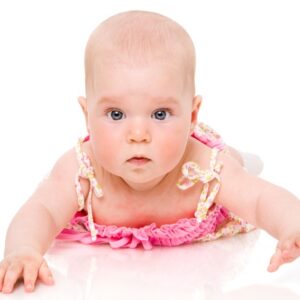
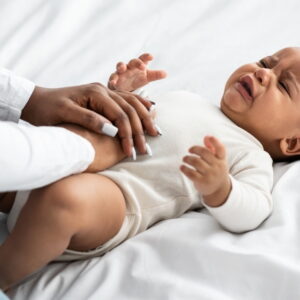
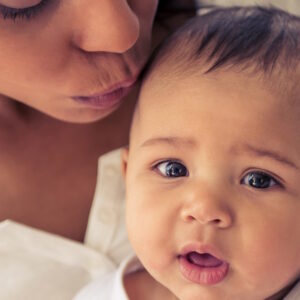
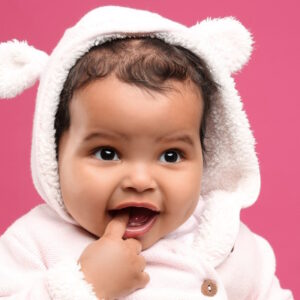
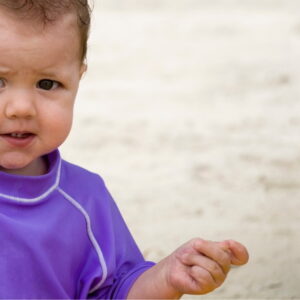
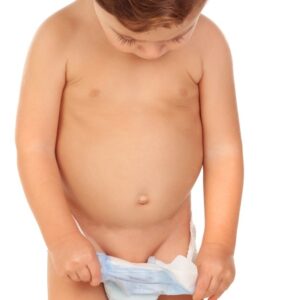
Every baby I have ever known has her own personality. And why wouldn’t she? We all respond differently to different situations. Your baby may very well be expressing a nascent personality type.
Even if your child is not displaying a social preference, it is perfectly normal for a child — particularly an infant — to bond tightly to the people who provide daily care. Both of my children were very “clingy” when they were babies.
Now, my son (9) is very outgoing and has many friends and acquaintances and my daughter (8) is introverted and has one close friend. My point being that their crying antics in infancy did NOT indicate a problematic adolescence.
HOPE THIS HELPED!!